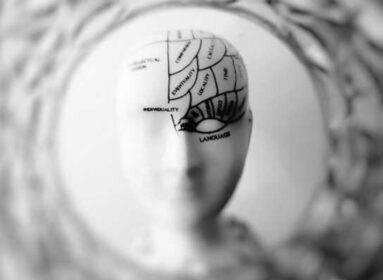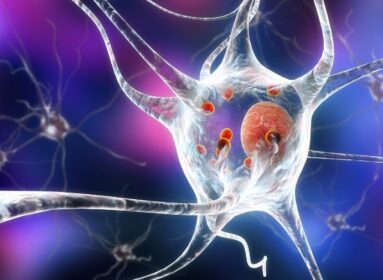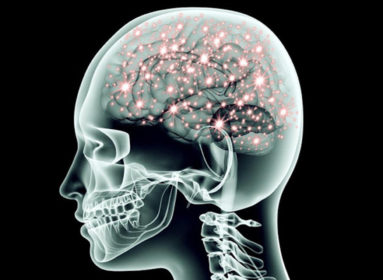
Meditation help you better recognize and understand your emotions—and to let them go instead of becoming embroiled in worry or rumination.
The moment you hear the word meditation, you may think of sitting with your legs crossed and eyes closed—breathing deeply and trying to reach your inner mind.
While it’s true that meditation often involves quiet and focused contemplation, the whole “empty your mind” thing is a wrong concept, says Dr. Judson Brewer, director of research and innovation at Brown University’s Mindfulness Center. “Meditation is not about emptying our minds or stopping our thoughts, which is impossible,” Brewer says. “It’s about changing our relationships to our thoughts.”
Practicing this may help some stress-related health conditions, including those related to the gut. Here’s what you need to know about meditation and what to expect from the practice.
Meditation practices come in many forms, some of which date back about 2,000 years. The specifics of each differ, but they all have one thing in common. “All the various practices train or cultivate attention and awareness,” says Miles Neale, a clinical instructor of psychology.
There are three main types, Neale says. The first one and most common is the called—pointed meditation, “where you try to anchor your mind to one point of attention, like your breath or a candle or a mantra,” he explains. The second type, “open focus meditation,” involves recognizing any thoughts, feelings or sensations that pop into your head as they arise—without passing judgment on them. (This practice is a big component of mindfulness, he says.) The third type is one he calls “cultivation meditation,” in which you try to develop specific qualities or habits of the mind. Loving-kindness meditation, which emphasizes openness and compassion, is one example.
All types cultivate attention and awareness, and research shows that meditation can improves concentration. Even a little seems to go a long way. A recent study found that just few minutes of mindfulness meditation training improved people’s reaction times and accuracy scores on a computer-based attention test
Enhanced thinking and memory are two more benefits that investigators have consistently linked with meditation, Mrazek says. The practice can also help you better recognize and understand your emotions—and to let them go instead of becoming embroiled in worry or rumination. This ability to regulate emotions may be one reason meditation can help people with depression and anxiety disorders.
Meditation can also help those with stress-related conditions. One small study from Massachusetts General Hospital found that the practice helped ease symptoms and improve quality of life in patients with irritable bowel syndrome and inflammatory bowel disease. Investigation has also linked meditation to improvements in people with chronic pain.
How does may help to do all this? It appears to increase activity in brain regions involved in pain regulation. And when it comes to stress and its associated disorders, some research also finds that meditation activates the body’s relaxation response—the opposite of the fight-or-flight state that fuels anxiety and stress.

Meditation may have risky situations. Among people who have experienced trauma or who have a predisposition to mental-health issues, intensive practice can be “destabilizing,” Mrazek says. Meditation can lead to troubling personal insights, especially for beginners who throw themselves into it too intensely. “We’re usually in this state of hyper-vigilance, but when you meditate you let your guard down,” Neale says. “Some painful past memory could be appeared, and instructors are often not prepared to deal with that.”
Meditation requires good instruction and a slow, gradual buildup in training. Like exercise, it also requires a long-term commitment and regular practice. If you want the benefits to persist, you need to be closed to it.
Source: Times.


































































Comments are closed.